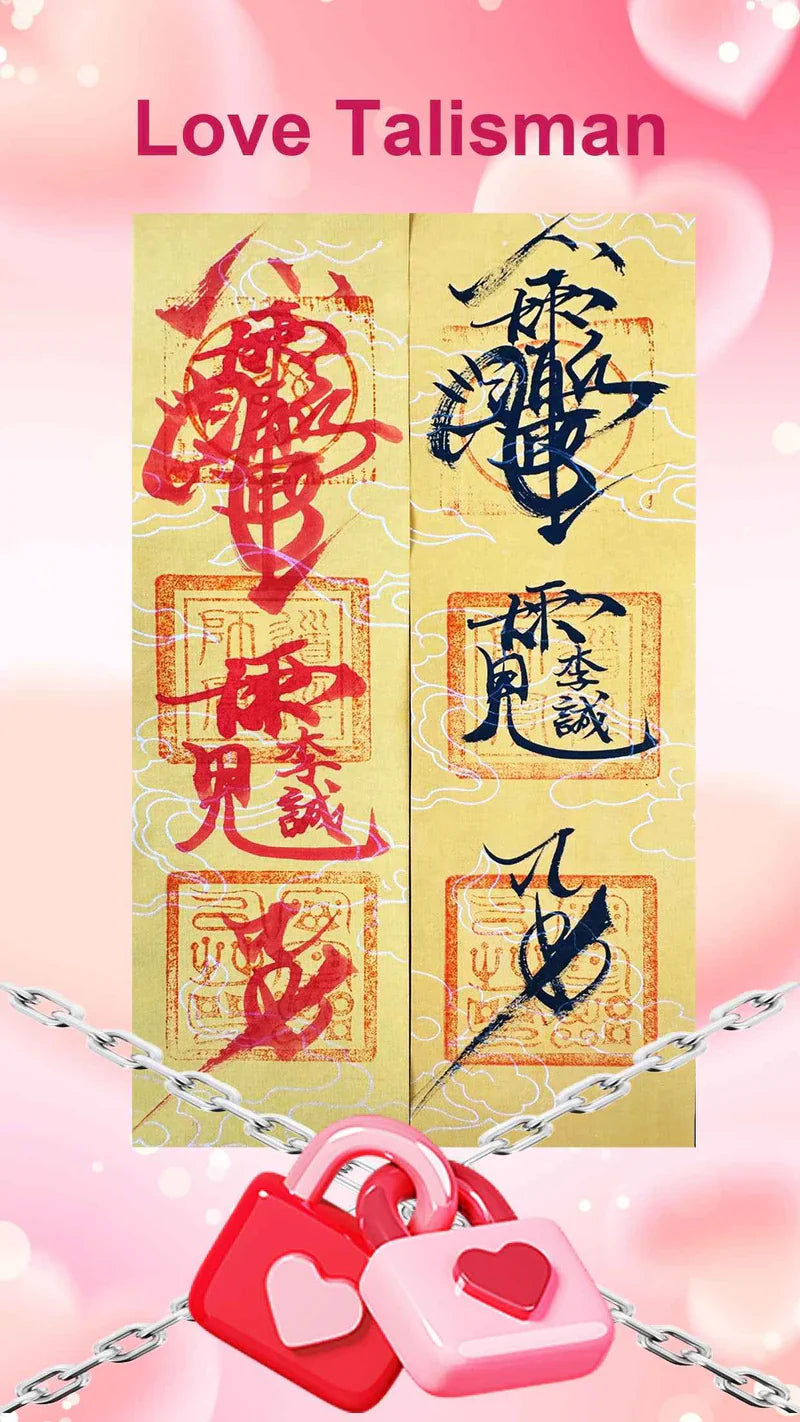Feng shui originated in ancient China, with its rudimentary form traceable to primitive humans' instinctive selection of living environments. In primitive societies, people instinctively sought sheltered, sunny, water-adjacent, and level terrain for survival—these choices gradually laid the foundation for early feng shui concepts.
Over time, feng shui evolved and refined itself throughout history. During the pre-Qin period, feng shui theory began to take shape, intertwining with the contemporary doctrines of yin-yang and the Five Elements. By the Qin and Han dynasties, feng shui advanced further; Emperor Qin Shi Huang applied feng shui principles when constructing grand structures like the Afang Palace. Subsequently, through the Tang, Song, Yuan, Ming, and Qing dynasties, feng shui theory grew richer and more refined, giving rise to numerous schools—such as the Form School and the Energy School—each conducting in-depth research and practice from distinct perspectives.
The core principles of Feng Shui are rooted in the theory of Yin-Yang and the Five Elements, as well as the concept of the unity of heaven and humanity. The theory of Yin-Yang and the Five Elements posits that all things in the world are formed by the interaction of two fundamental forces—Yin and Yang—and can be categorized into the Five Elements: Metal, Wood, Water, Fire, and Earth. In Feng Shui, the balance of Yin and Yang and the interdependent and restraining relationships among the Five Elements are of paramount importance. For instance, mountains represent yang, while water embodies yin. An ideal feng shui environment harmonizes these elements, creating a landscape where mountains and water interdependently support each other. Among the Five Elements, wood generates fire, fire generates earth, earth generates metal, metal generates water, and water generates wood—a cycle of generation that brings auspiciousness. Conversely, wood overcomes earth, earth overcomes water, water overcomes fire, fire overcomes metal, and metal overcomes wood—a cycle of overcoming that requires balanced restraint to prevent adverse effects.
The concept of harmony between heaven and humanity emphasizes the unified coexistence of humans and nature. Feng shui holds that people live within the natural environment, mutually influencing and interacting with their surroundings. A favorable feng shui environment aligns with natural laws, allowing individuals to absorb the nourishing energy of heaven and earth, thereby promoting physical and mental well-being and smooth fortune. Conversely, an unfavorable feng shui environment may disrupt one's energy field, leading to various misfortunes.
Translated with DeepL.com (free version)



